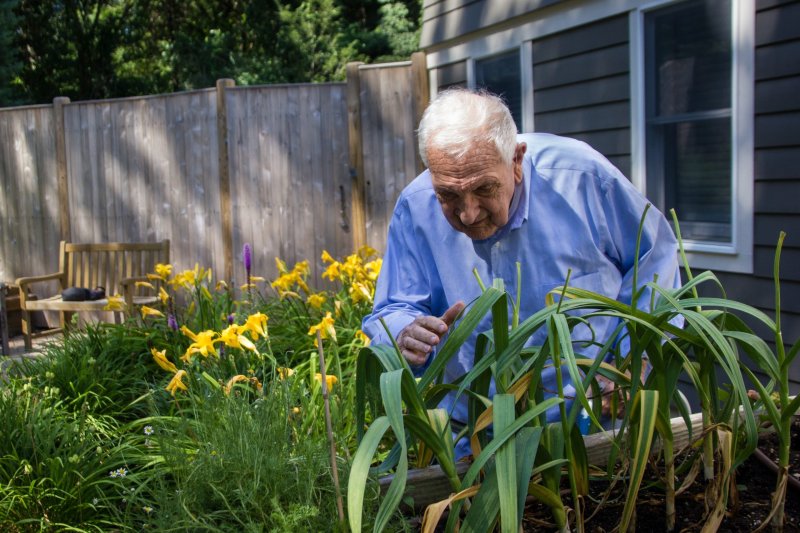
Green Prescriptions: The Healing Power of Gardening
This practice, supported by research from esteemed institutions like Harvard University's public health graduate school and Brigham and Women's Hospital, underscores the profound impact of green spaces on overall well-being.
Studies indicate that the presence of vegetation is associated with increased life expectancy, with a significant portion of this benefit attributed to improved mental health, including reduced depression rates among individuals surrounded by abundant greenery. Furthermore, factors such as heightened social interactions, enhanced physical activity, and diminished exposure to air pollution contribute to this positive correlation.
The concept of "green prescriptions" is gaining momentum, with initiatives like advocating for outdoor activities as part of mental health treatment plans. These "nature prescriptions," encompassing endeavors like walks and community gardening endeavors, offer a holistic approach to healing.
So, why has gardening emerged as a preferred therapy for many?
Natural Antidepressant: Soil contains microbes that mimic the effects of antidepressants, elevating serotonin levels and fostering an improved mood.
Mindfulness in Action: Engaging in gardening cultivates mindfulness, reducing stress, lowering depression risk, enhancing productivity, and alleviating insomnia.
Psychotherapist Hilda Burke notes, "Gardening uniquely connects us to the earth, offering valuable lessons in patience and nurturing."
- Brain Boost: Gardening exercises both the body and mind, stimulating various cognitive functions such as learning, problem-solving, and sensory awareness.
Perhaps the most potent remedy lies in reconnecting with nature, a simple yet profound act accessible right outside our doors.


